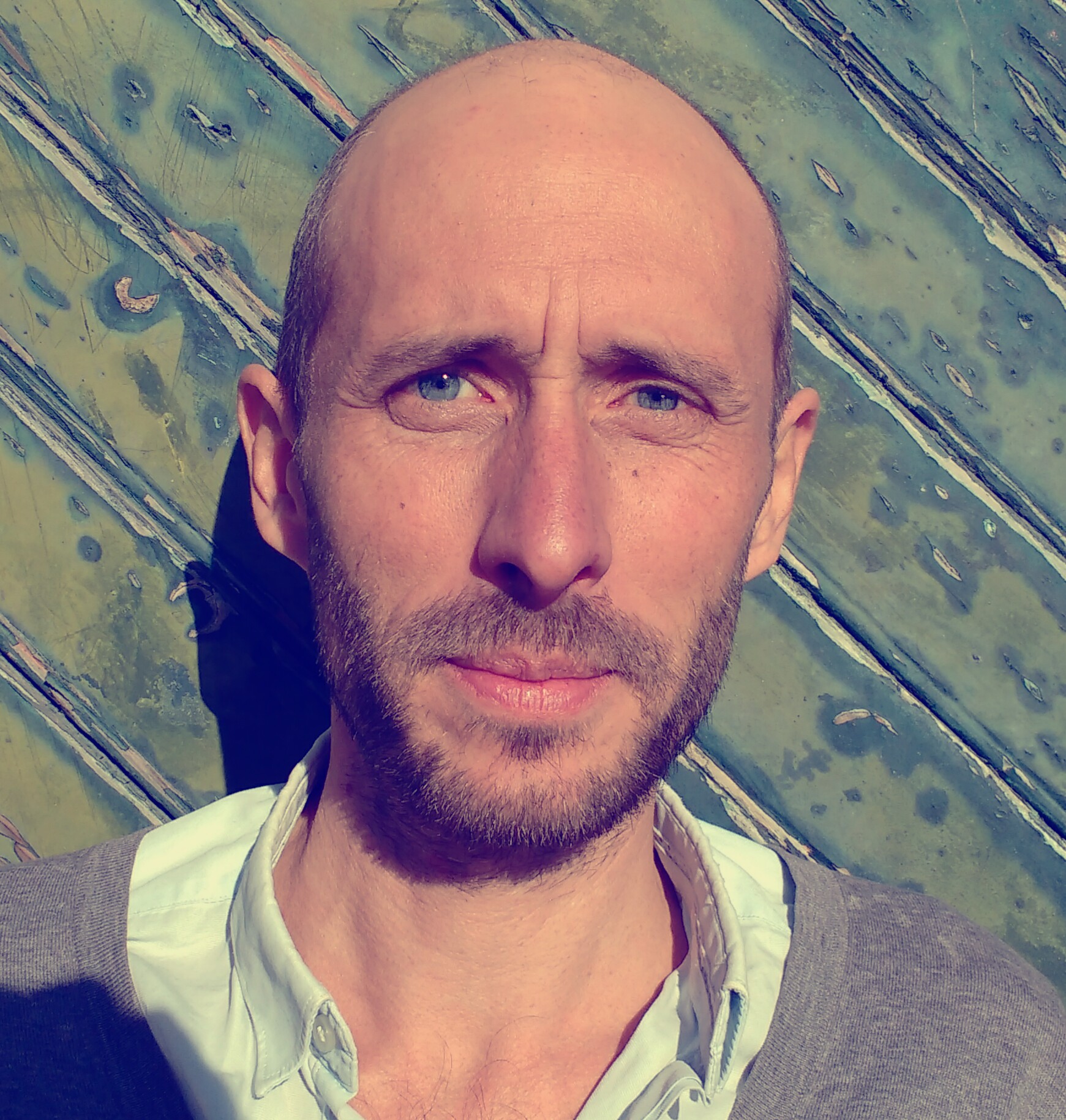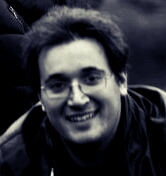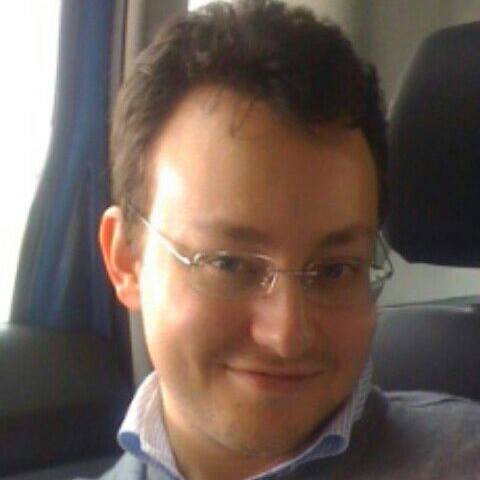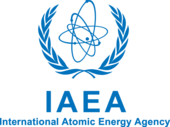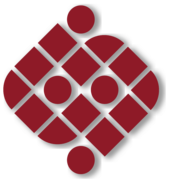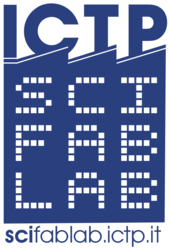MEET OUR AWESOME TEAM
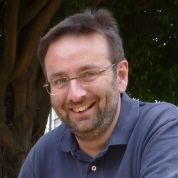
Marco Zennaro
Marco is a Research Officer at the Abdus Salam International Centre for Theoretical Physics. His research interest is in the use of WSN for Development. He holds a PhD from KTH-The Royal Institute of Technology, Sweden.

Iain Darby
Iain is the Head of the Nuclear Science and Instrumentation Laboratory (NSIL) at IAEA Seibersdorf Laboratories in Vienna. He holds a PhD in Nuclear Physics from University of Liverpool.
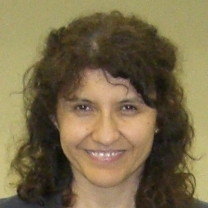
Maria Liz Crespo
Maria Liz is a Research Officer at the ICTP. Her research interest is in reconfigurable instrumentation based on programmable SoC for particle detectors and related applications. She completed her PhD at the ICTP-INFN MLAB working in the development of a DSP-FPGA based data acquisition and processing system for the 83000-channel RICH detector of COMPASS experiment at CERN in Geneva, Switzerland.
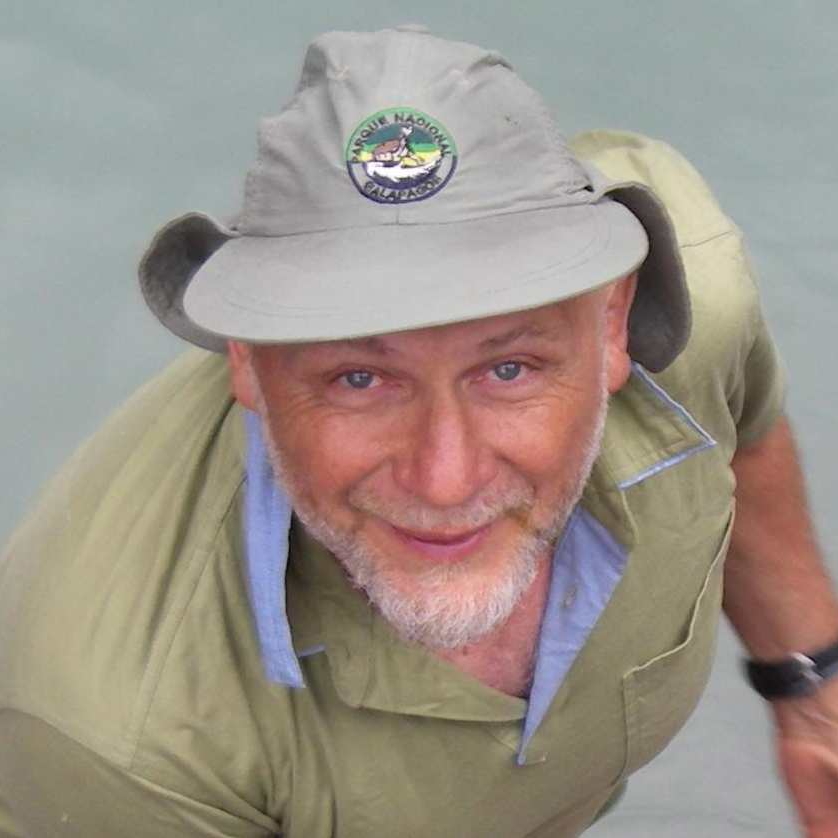
Ermanno Pietrosemoli
A graduate from Stanford, Ermanno has been a professor in Telecommunications at University de Los Andes in Venezuela. He is now a researcher at ICTP. He holds the world record for the longest WiFi Link: 383 km.
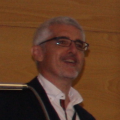
Pietro Manzoni
Pietro Manzoni is a Professor of Computer Networks at the “Universitat Politècnica de València”, Spain. His research activity is related to Networking and Mobile Systems and applied to Intelligent Transport Systems (ITS), Opportunistic Networking for Smart Cities and the Internet of Things, and Community Networks. He is a senior member of the IEEE.
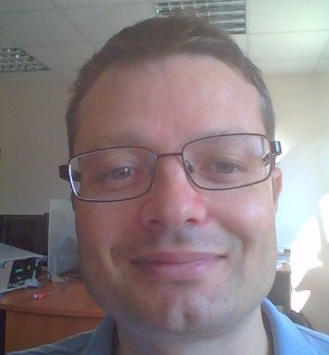
Jerome Demay
Jerome is senior RF (radio-frequency) Application Engineer at Semtech Corporation, for RF transceivers and connected object makers in Europe, Middle East and Africa. He has an experience of 20 years in RF/Analog/Digital wireless systems design within top-notch semiconductor companies (Texas Instruments, Broadcom) as well as mobile phone companies (Nokia, Sagem,…). He holds a Master of Science in Electrical Engineering from Polytech'Nantes, France.
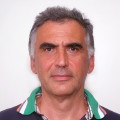
Marco Rainone
Marco has been a collaborator of the ICTP Wireless Lab since 2014. He is a freelance technical consultant since 2003, in the areas of embedded and mobile systems,
integration of embedded systems in industrial automations and test systems,
remote monitoring of systems for maintenance management, development of communication drivers for specialized hardware equipment.
He developed the software used in the TVWS Analyzer which has spectrum data from 30 different countries.

Luka Mustafa
Luka is Shuttleworth Foundation Fellow and working full-time on KORUZA development as well as pursuing a PhD at University College London (UCL) in the EE ONG group. He actively pursuits the development of new and efficient systems by re-purposing mass-produced components and equipment and contributes to several open-hardware and electronics projects worldwide.
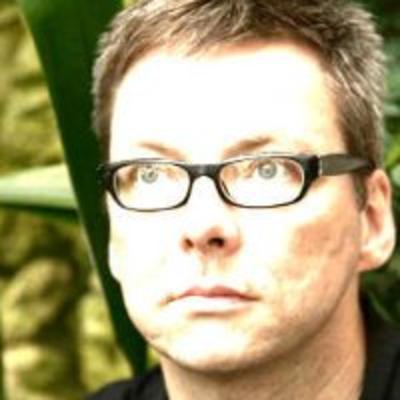
Sebastian Büttrich
Sebastian is a Research Lab Manager at the IT University of Copenhagen, Network Developer and Trainer for the Network Startup Resource Center NSRC, works with data from sensor to backend, embedded/pervasive systems, wireless technology, open source / free software and solar energy to build networks, systems, skills and capacity.
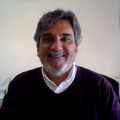
Julio Dondo Gazzano
Julio is a Professor at the “Escuela Superior de Informática- Universidad de Castilla-La Mancha”, Spain and researcher in the Computers Architecture and Networks group (ARCO-UCLM). His research activity is related to Reconfigurable Hardware, Embedded Systems and applied to design of complex heterogeneous (hardware-software) systems. He holds a Ph.D Degree from University of Castilla-La Mancha, Spain.
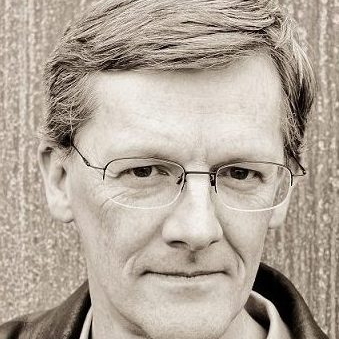
Robin Wilton
Robin is Technical Outreach Director for Identity and Privacy at the Internet Society. His work on trust, privacy and ethical data handling explores the intersection of technology, policy and user agency. Robin is also a board member of the Kantara Initiative, an identity assurance scheme operator and incubator of trust solutions. He has published papers on ethical data handling in the Journal of Information, Communication and Ethics in Society (JICES) and Springer-Nature.
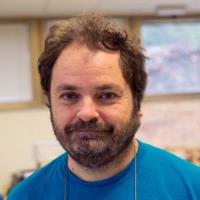
Carlo Fonda
Carlo works for the ICTP-SDU. His interests include, among others, computer programming, rich-media and webcasting for science, use of mobile devices for education, and also 3D printing. He is co-founder of the ICTP SciFabLab.
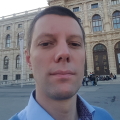
Nikola Jovalekic
Nikola is an electronics hardware design engineer with 10-year industrial experience. He has been involved in a number of projects in different areas: high-speed digital design, mixed-signal design, RF hardware design and power supply design. Currently, he is pursuing his PhD in LoRa based wireless systems
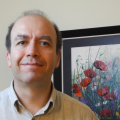
Ahmet Onat
Ahmet is a faculty member at Sabanci University in Istanbul. Current areas of research are reinforcement learning of dynamic systems, design of linear motors and real-time systems. He has been working on embedded systems hardware and firmware since designing and building his first computer in 1989, and these days is working on hardware development of IoT nodes.
